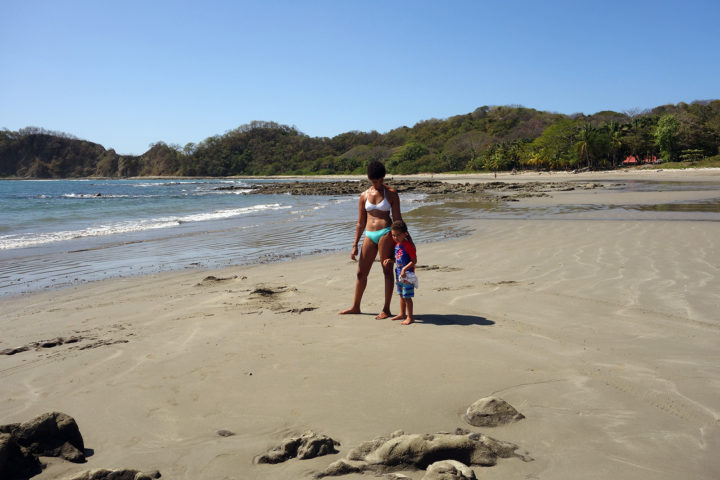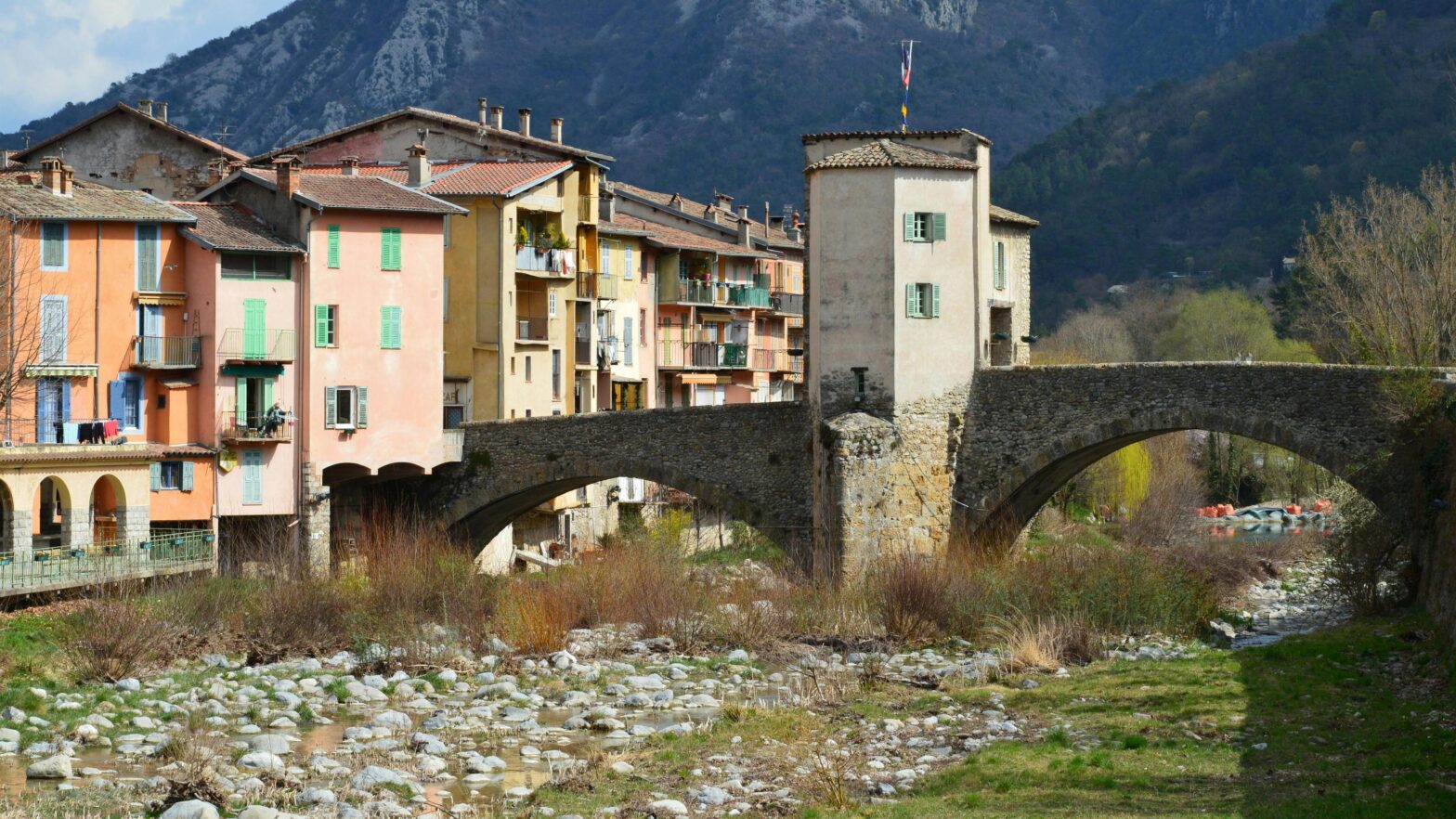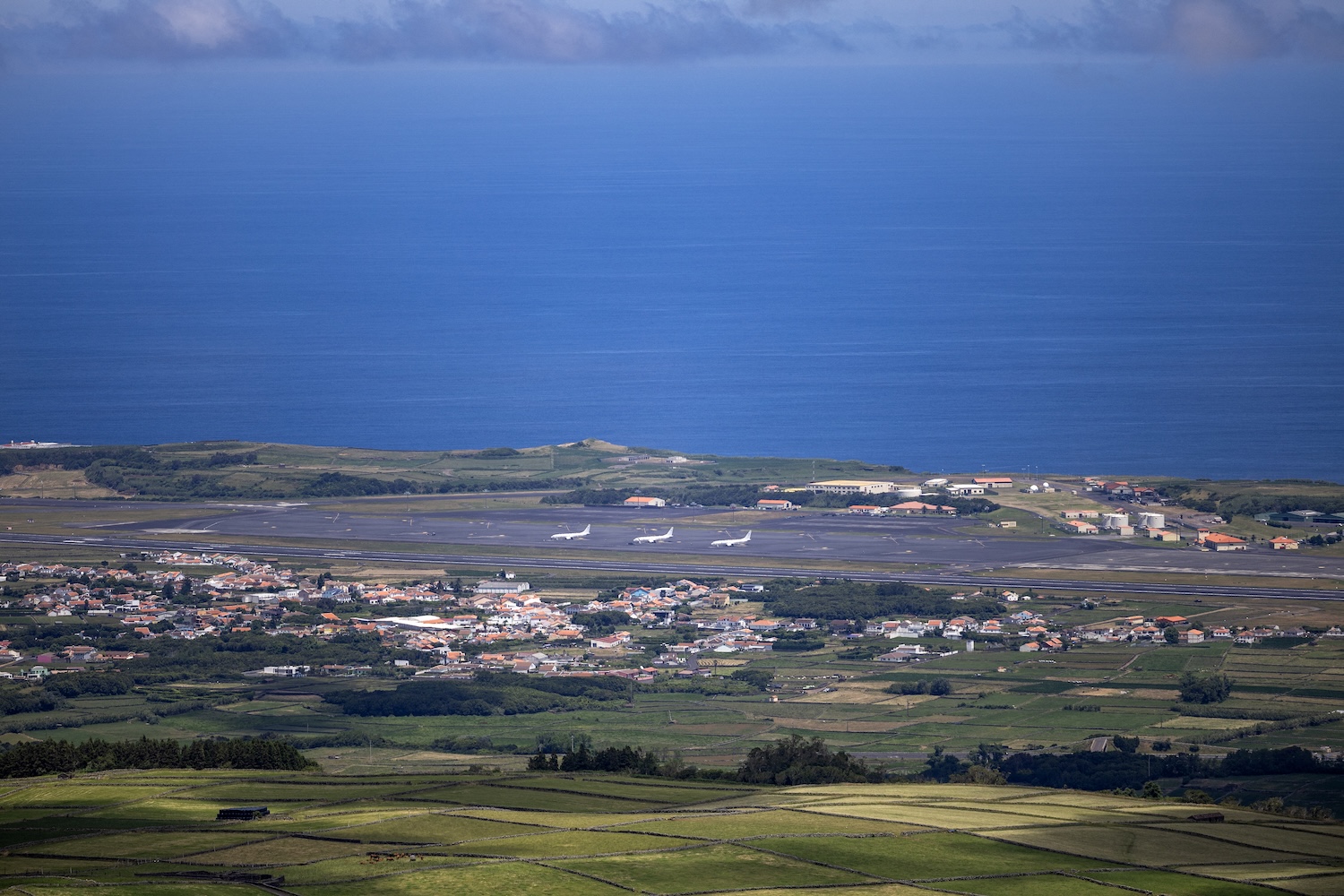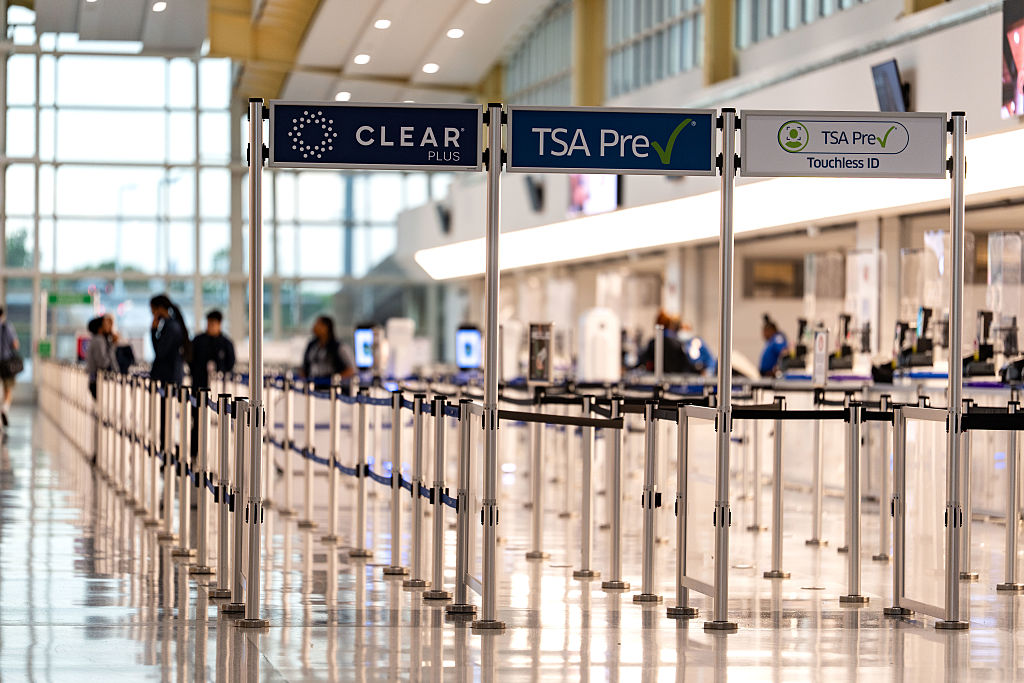I’ve never truly felt like I fit in anywhere. Maybe that’s why I travel. Is it a constant search for that place that “feels like home?” I spent much of my youth traveling and living abroad in European countries, where my brownness was often the source of curiosity and confusion as they meticulously studied my features, skin tone, and language, while trying to place my origins on a map in their minds. Growing up in predominately white American neighborhoods and schools wasn’t much different. Often met with questions like, “are you from Africa?” Or compliments on my “tan,” my presence has always seemed to confuse white people.
Three months ago, I moved to Costa Rica with my husband and our 4-year-old son. We found a beachside town with unpaved, dirt roads, a vibrant yoga community, and a promise of Pura Vida that we couldn’t resist. It was the first time I would be living in a country where everyone was brown like me. I needed this. I was relieved at the thought of finally not being the only brown person in just about every room I walked into – what does that even feel like? I thought, finally, the stares would stop.
My husband and I chose a house away from the beach, trying to avoid the transient flow of American tourists. We opted for something among the locals (Ticos) where resorts and organic juice bars are replaced with mini supers and local sodas. We fall asleep to the sounds of Reggaeton and wake up to the shrills of roosters. Here, with the dryness of the season, everything and everyone is brown. However, my presence as an outsider is still felt and must be clearly written across my face. Ticos crank their necks on motorcycles as they ride by, others cut in front of me in line at the supermarket or ATM as if to say Ticos first. Maybe it’s the fullness of my kinky afro that gives me away or the fumbling of my words as I try to recall a form of Spanish I learned among Spaniards. Nonetheless, the feeling is strangely familiar.
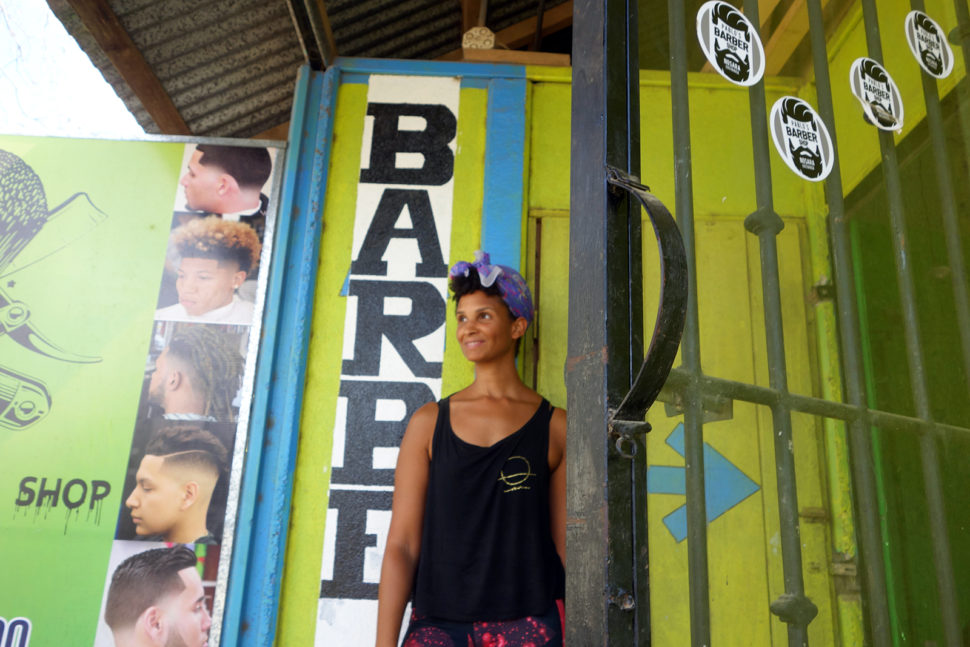
In town, where white tourists ride around in $75 a day golf carts sipping organic smoothies, the vibe is slightly different. Often mistaken for “the help” by the visitors or a desconocida by the Ticos, I find myself right back where I started – searching for that space where I fit in.
In every instance, it often takes time to work through people’s assumptions and misconceptions. As I see a tourist’s face soften when I address them in English or when I smile and respond Pura Vida! to a Tico’s stare, I’m reminded that my presence continues to confuse people and be the source of curiosity as they try to place my origin on that map in their mind. A place where I’ve probably never been, but maybe one day I’ll finally call “home.”
